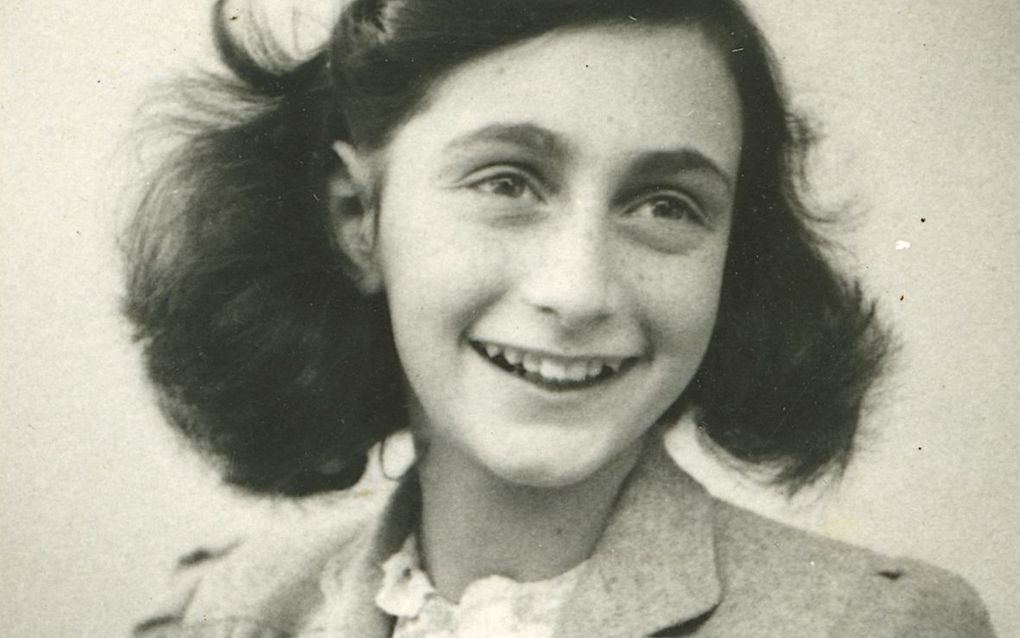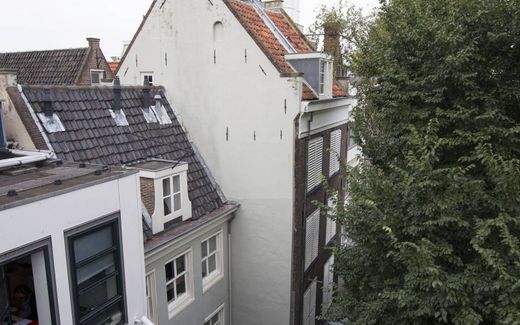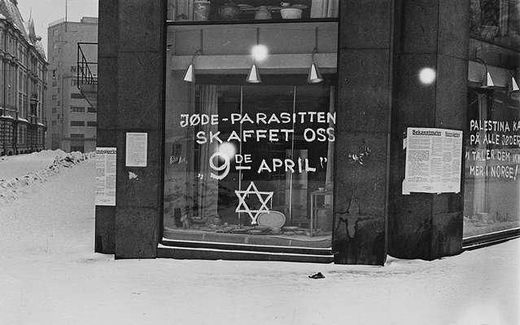Scepticism about new research Anne Frank's betrayal
19-01-2022
Western Europe
L. Vogelaar, RD

Investigators claim that the Jewish notary Arnold van den Bergh betrayed the hiding place of Anne Frank in hiding to the Nazis. Historians say the evidence for this is flimsy. Photo Anne Frank House, Amsterdam
Western Europe
For years, the search for Anne Frank's traitor has been carried out. But the conclusion has met with sceptical reactions.
The 15-year-old Jewish girl and her fellow people in hiding were betrayed in 1944 by the Jewish notary Arnold van den Bergh. At least, that is the opinion of a team that has been researching it since 2017. There is still no certainty, but the researchers think there is at least an 85 per cent probability. Their conclusion is in the book "The Betrayal of Anne Frank" by Canadian writer Rosemary Sullivan, published this Monday.
"The evidence is extremely thin," says historian Dr Erik Somers of Amsterdam's NIOD Institute for War, Holocaust and Genocide Studies. "The researchers made too many assumptions. They wanted to find this person because a copy of a note is their only guide. That was the starting point for the further search. The fact that it is an anonymous letter is not strong either."
Research very thin
The investigation team states that the Jewish Council ("Joodse Raad") in Amsterdam, of which Van den Bergh was a member, had lists of addresses in hiding and that Van den Bergh therefore also knew the address on the Prinsengracht. "We have not found any indication of the existence of these lists," says Somers, however.
He calls the historical context in the research and interpretation of the data "at the very least thin." "It is also a very American study: a bit hotter than we would do it. Van den Bergh's name is now mentioned with great certainty. However, there is talk of an 85 per cent probability. Then you should be reluctant to point out a perpetrator."
Very difficult to prove
The investigation is the largest ever conducted to discover the eight people in hiding. "It is unbelievable how much time, energy and money has been put into it. All sources have been viewed. However, the outcome only reinforces what we already knew: that it is difficult to prove and that the definitive answer will most probably never come."
"It is unethical to condemn someone if there is not 100 per cent certainty," said Dutch Chief Rabbi Binyomin Jacobs. "Judaism assumes that it is better to let a guilty go unpunished than to convict an innocent wrongly."
Jacobs also questions the research itself. "What's the use of this? A lot of money has been invested in this, but what do they want to achieve? If we can convict a murderer, that's fine, but there has to be absolute clarity. However, the accused man is no longer alive. He may still have family; it is not very nice for those people that this is now in the publicity."
Study promotes anti-Semitism
According to Jacobs, the fact that a Jewish notary is being accused is only negative. "This promotes anti-Semitism: look what the Jews did to each other. Of course, that could have happened; there are always people trying to save their lives at the expense of others."

The Chief Rabbi applauds the continued attention for the life of Anne Frank. "Education is important, to show: This should never happen again. We must avoid the image that the Germans were the villains and the Dutch the saviours. With Poland, the Netherlands had the highest percentage of Jews who were murdered."
This article is a translation by CNE.news of a Dutch version published in Reformatorisch Dagblad on January 17th, 2022
Related Articles





